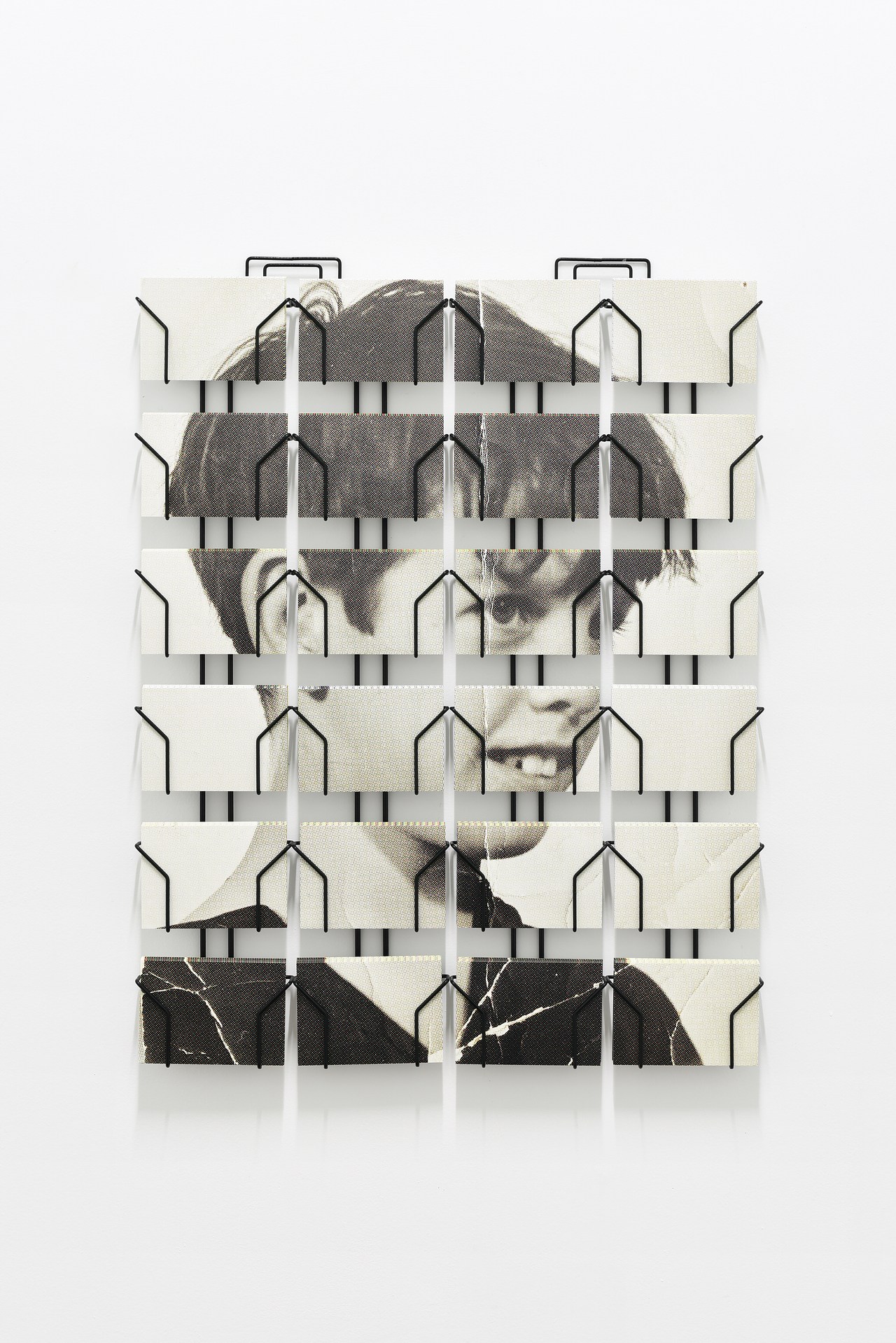Related works featuring themes of: » Young British Artists, » British

© » KADIST
Keith Tyson
The work of Keith Tyson is concerned with an interest in generative systems, and embraces the complexity and interconnectedness of existence...

© » KADIST
Ian Wallace
1986Wallace says of his Heroes in the Street series, “The street is the site, metaphorically as well as in actuality, of all the forces of society and economics imploded upon the individual, who, moving within the dense forest of symbols of the modern city, can achieve the status of the heroic.” The hero in Study for my Heroes in the Street (Stan) is the photoconceptual artist Stan Douglas, who is depicted here (and also included in the Kadist Collection) as an archetypal figure restlessly drifting the streets of the modern world...

© » KADIST
Ryan Gander
2012Epiphany…learnt through hardship is composed of a bronze sculpture depicting the model of the little dancer of Degas, in the pose of a female nude photographed by Edward Weston (Nude, 1936) accompanied by a blue cube...

© » KADIST
Ian Wallace
2000Untitled (Breathless) presents a folded newspaper article on Jean-Luc Godard’s À Bout de Souffle (Breathless)...

© » KADIST
Martin Boyce
2003In the installation Our Love is like the Flowers, the Rain, the Sea and the Hours, Martin Boyce uses common elements from public gardens – trees, benches, trashbins– in a game which describes at once a social space and an abstract dream space...

© » KADIST
Chris Wiley
2012Architectural details become abstracted renderings in Chris Wiley’s inkjet prints 11 and 20 (both 2012)...

© » KADIST
Simon Fujiwara
2016Masks is a series of abstract paintings by Simon Fujiwara that together form a giant, fragmented portrait of German Chancellor Angela Merkel’s face...

© » KADIST
Mark Leckey
2004In Made In Heaven , we are face to face with a sculptural apparition, a divine visitation in the artist’s studio...

© » KADIST
Chris Wiley
2012Architectural details become abstracted renderings in Chris Wiley’s inkjet prints 11 and 20 (both 2012)...

© » KADIST
Martin Creed
2003This photograph of Martin Creed himself was used as the invitation card for a fundraising auction of works on paper at Christie’s South Kensington in support of Camden Arts Centre’s first year in a refurbished building in 2005...

© » KADIST
Jeremy Deller
2012Beyond the White Walls , with a commentary written and spoken by Jeremy Deller, is often wryly amusing...









